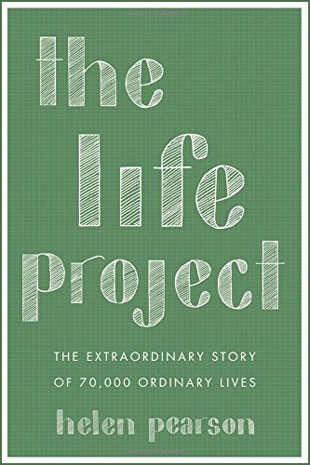Try to imagine what it would be like to collect data about all the babies born in England during the week of March 3 – 9 in 1946 to find out all that could be discovered about them. This cohort was then re-contacted as the babies grew into children, adolescents, adults, and now perch on the cusp of old age. The details of their lives has been put alongside cohorts from 1958, 1970,1991, and 2000 with the results generating over 5,000 journal articles and 40 books with themes covering social sciences, medicine, epidemiology, genetics, and other fields of study.
Helen Pearson is a science journalist and editor for the international science journal Nature, which she has been writing for since 2001. Her works have won acclaim including the 2010 Wistar Institute Science Journalism Award and two best feature awards from the Association of British Science Writers.
Throughout this fascinating book, she provides profiles of cohort members and the challenges and insights they have gained from being part of this pioneering venture. Sponsored by British government, The Life Project yielded up important mandates including data about the dire effects of economic inequality upon the poorest members of the group.
The Life Project faced funding shortages throughout its history, and it finally came to an end in 2015 when there was not enough interest in carrying on the study.
